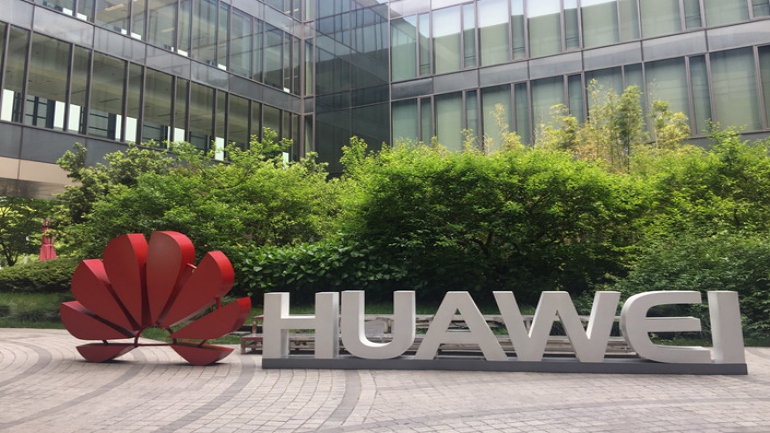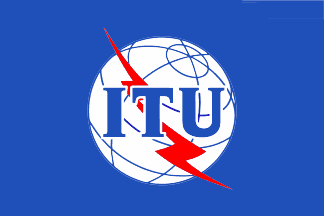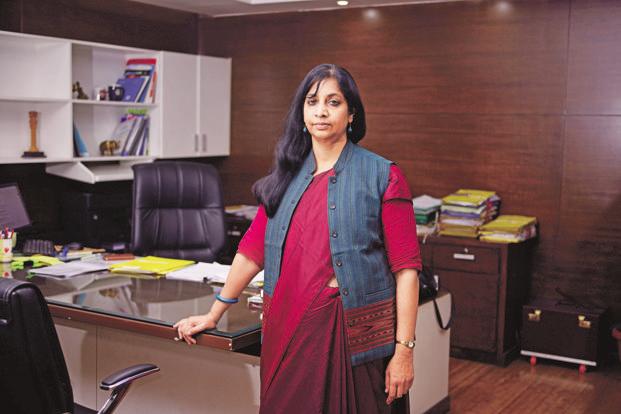China’s Huawei Technologies has launched new database and storage products with the aim of redefining its data infrastructure and strengthening the global presence of its cloud business. The world’s first AI-native database GaussDB supports differentiated scenarios such as private and public clouds and data services in the finance, internet, logistics and automotive sectors. Huawei’s FusionStorage 8.0 is claimed to be the industry’s best-performing distributed storage solution for supporting enterprise applications. “Humanity is entering the age of an intelligent world,” said David Wang, Huawei Executive Director of the Board and President of ICT Strategy and Marketing. “Data is the new factor of production, and intelligence the new productivity. Heterogeneous, intelligent, and converged databases will become the key data infrastructure of the financial, government, and telecoms industries.” With this new database management product, the Shenzhen-based company marks its official entry into the database field and places itself in direct competition with…
Singapore’s leading telecommunications company, Singtel, has launched their cutting-edge network automation platform called Liquid Infrastructure. The platform is designed to help enterprises configure their networks, bringing deployment control and agility to the next level. Singtel presents Liquid Infrastructure as the ideal solution to ease the digital transformation process for companies, and at the same time helping to manage their network resources, saving time and money. “With Liquid Infrastructure, Singtel revolutionises the way network services are delivered to enterprises. We have integrated software-based network services to this platform to provide a versatile, robust and scalable solution that delivers critical network services where and when they are needed. By having the control of connectivity in the hands of our customers, we facilitate their transformation to the digital era through a superior and more agile network deployment and management experience,” said the Vice President of Global Products at Singtel’s Group Enterprise,…
Earlier this week, a leading IT solutions provider Tech Mahindra, announced its partnership with Microsoft to build a blockchain-based robust ecosystem meant to tackle unsolicited commercial communications in India. This blockchain solution will be developed based on Microsoft Azure, and will comply with the regulations issued by the Telecom Regulatory Authority of India (TRAI). TRAI has been working with both these companies and other stakeholders to curb the profusion of spam calls and messages so widely spread across the country. While the initial step of introducing a “Do Not Disturb” registry in 2010 seems to be a success with 230 million listed subscribers, the telemarketers still manage to find fraudulent workarounds to obtain consent and continue delivering spam calls. “Blockchain as a technology is a powerful tool to combat the issue of spam calls and fraud risks, to protect user information, as well as the integrity of the telecom sector.…
Amongst all the excitement of approaching 5G rollouts, the Finnish operator Elisa has grabbed the headlines by officially announcing that they are the first operator in the world to begin commercial use of a 5G network. Elisa’s first 5G network services were launched in Tampere (Finland) and Tallinn (Estonia). The first person to use the 5G network was Finland’s minister of Transport and Communications, Anne Berner, who made an international video call to Estonia’s minister of Economic Affairs and Infrastructure, Kadri Simson, using Huawei 5G terminal devices. Even though there are no commercial 5G-compatible devices available to the public, Elisa is already offering two types of 5G subscriptions. A significant hurdle that must be overcome for mass 5G rollouts is the issue of licensing. The Finish Ministry of Communications is set to allocate the first 5G licences for the 3.4-3.8 GHz bands in autumn, thereby enabling Finland to maintain their…
Blockchain will be the next tool used by the TRAI (Telecom Regulatory Authority in India) to fight against aggressive telemarketing, that is using spam calls and SMS. According to the TRAI, blockchain technology is able to track those annoying telemarketers. As they use unregistered phone numbers, they are usually hard to track, and with this new way of fighting against those marketing methods, India’s Telecom regulator will be the first to use blockchain as a mean of regulation. TRAI Chairman RS Sharma said: “Blockchain will ensure two things — non-repudiation and confidentiality. Only those authorized will be able to access details of a subscriber and only when they need to deliver service…“ and added that “TRAI will become the first organization to implement this kind of regulation on such a large scale,” 30 billion commercial calls or SMS are sent every month to users in India. Most of them are…
The secretary-general of the International Telecommunication Union (ITU), Zhao Houlin, explained at a press conference in Geneva, Switzerland, that infrastructure, investment, innovation and inclusion, or the “4 I’s”. Those pillars for information and communication technology (ICT) will be an obligation to reach the UN Sustainable Development Goals (SDG), especially for the next ten years. Infrastructure are essential to hold any economy based on communication and high tech. The future of digital economy in sustainable cities, will largely be based on the capacity to construct strong equipments for those infrastructures, not only to connect people but also objects. Strong investments are fundamental for the development of ICT. In order to see progress on SDG, innovation in the domain of finance will be needed and a mix between public and private investors is one of the solutions. Opportunity is only possible with innovation, thus small companies that base their growth and survival…
Telecom Secretary in India, Aruna Sundarajan expressed concerns about the country’s lack of quality mobile network services. She pointed out the fact that more towers and fiberisation is needed to follow the growth of subscribers. She said, during the second 5G India conference, “In a country where data is growing at 500 per cent, we need much more infrastructure. You need at least double the number of towers, at least double the size of fibre. Otherwise, where will the quality come from? So, they (operators) are working on that We are driving down hard on the service quality areas. We are beginning to see visible changes as a result of it. But it is not enough.” In a situation where call drops occur more often, falling service quality is concerning users and professionals. Manoj Sinha, the Telecom Minister, replied by confirming that the government is committed to “ensure quality of…
The 2017 IP EXPO Europe was the greatest IT conference of the year for CIOs, heads of IT, security specialists, heads of insight, tech experts and organizations looking to innovate and evolve through technology. Focusing on six IT themes, the event’s 12th edition brought together more than 300 exhibitors from different parts of the technology sector and 300 free seminar sessions at ExCel in London on 4 and 5 of October. Across both days, Artificial Intelligence (AI) was the main topic of discussion, with Stuart Russell, Professor of Electrical Engineering and Computer Sciences at UC Berkley and AI-pioneer providing powerful insights on the reality of AI and whether or not we, as humans, should be concerned about its evolution. “It seems very likely that at some point we will have machines that are more intelligent than human beings,” said Professor Russell in one of his presentations. However, AI wasn’t the…
Korean carrier SK Telecom and Singaporean firm Singtel signed an MoU to develop next-gen telecom networks, focusing on AI and network virtualization. The collaboration aims to create foundational technologies for 6G systems, improve edge-AI infrastructure, and enhance 5G capabilities.
Viavi Solutions has unveiled the ONE-1600, designed to support the emerging 1.6 terabit per second ecosystem. Leveraging 224G SERDES technology, this latest addition to the ONE LabPro platform addresses the growing bandwidth demands driven by AI, machine learning, and high-performance computing.













